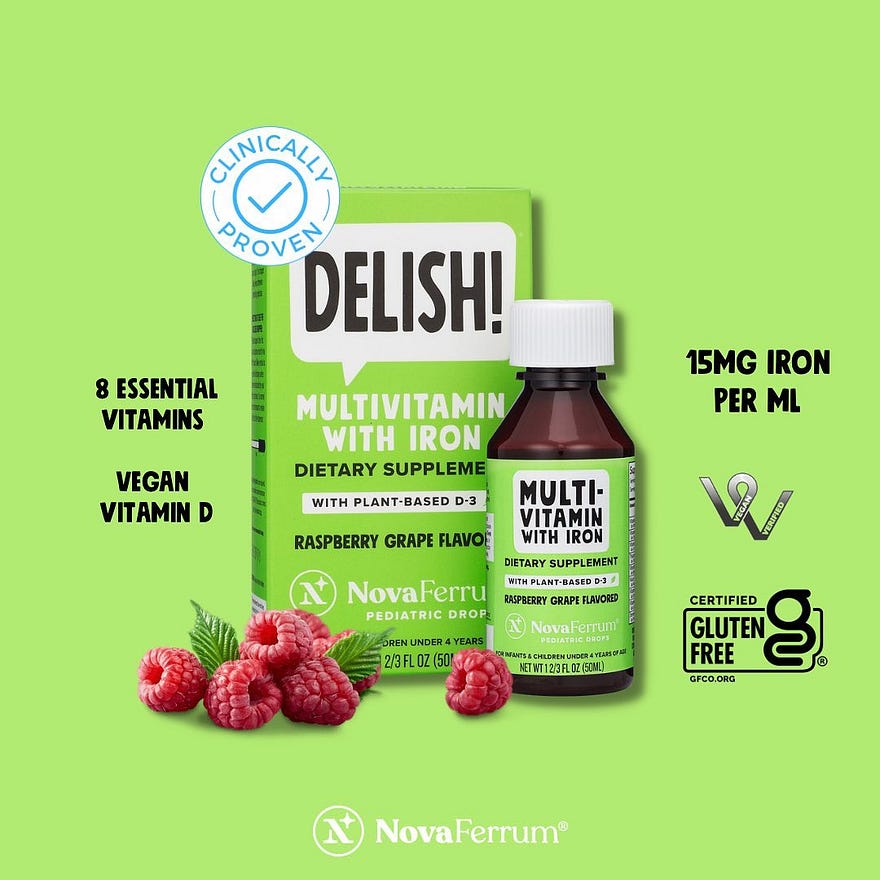Iron is a vital mineral essential for various bodily functions. Its primary role is to help transport oxygen throughout the body via red blood cells, supporting energy production and overall health. Adequate iron levels are crucial for maintaining proper cognitive function, immune system strength, and promoting healthy growth and development.

Health Benefits:
- Oxygen Transport: Iron is a key component of hemoglobin, the protein in red blood cells responsible for carrying oxygen from the lungs to tissues throughout the body.
- Energy Production: Iron plays a vital role in the production of adenosine triphosphate (ATP), the primary energy currency of cells.
- Cognitive Function: Sufficient iron levels are associated with improved cognitive function, including memory, concentration, and overall mental alertness.
- Immune System Support: Iron contributes to a robust immune system, helping to fend off infections and diseases.
Deficiency: Iron deficiency can lead to several health problems, including:
- Anemia: Insufficient iron can result in a condition known as iron-deficiency anemia, characterized by fatigue, weakness, pale skin, shortness of breath, and dizziness.
- Impaired Cognitive Function: Inadequate iron levels may impair cognitive function, leading to difficulties with memory, attention, and learning.
- Weak Immune System: Iron deficiency can weaken the immune system, making individuals more susceptible to infections and illnesses.
Dosage: The recommended daily allowance (RDA) for iron varies depending on age, gender, and other factors. Typically, adult males need around 8 milligrams per day, while adult females require about 18 milligrams per day. Pregnant women may need up to 27 milligrams daily.
Side Effects: While iron is crucial for health, excessive intake can lead to side effects, including:
- Digestive Issues: High doses of iron supplements may cause stomach upset, nausea, constipation, or diarrhea.
- Iron Toxicity: Overconsumption of iron supplements can lead to iron toxicity, which may result in symptoms such as vomiting, abdominal pain, organ damage, and even death in severe cases.
- Interactions: Iron supplements can interact with certain medications and other supplements, reducing their effectiveness or causing adverse reactions. It’s essential to consult a healthcare professional before starting any iron supplement regimen.
In conclusion, while iron is essential for health, maintaining a balance is key to reaping its benefits without experiencing adverse effects. It’s essential to consume iron-rich foods regularly and consult a healthcare provider before taking iron supplements, especially if there are concerns about deficiency or potential side effects.







0 Comments